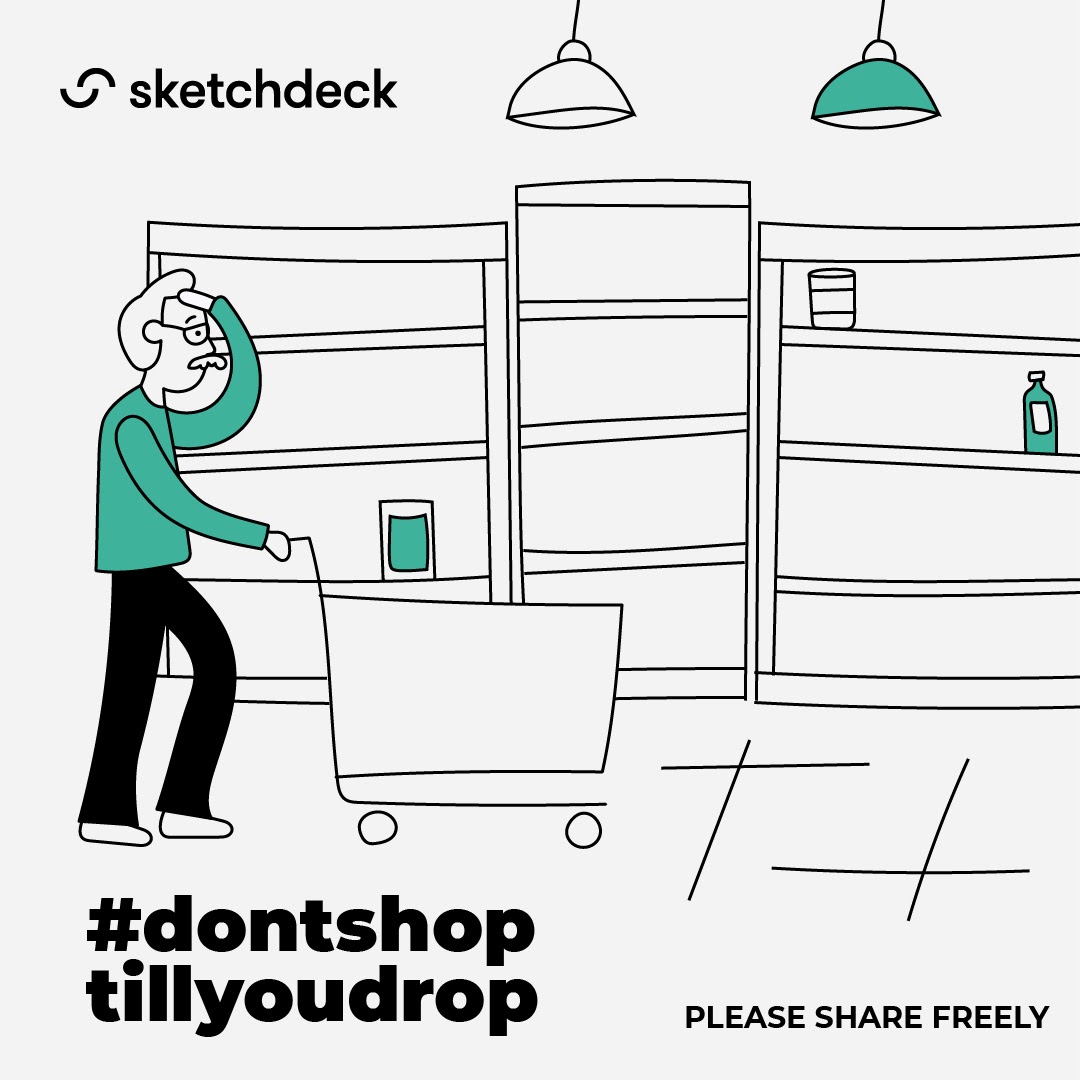Currently, many countries around the world are going into some form of lockdown to slow down the spread of COVID-19, in order to reduce the load on our hospital systems and hopefully not exceed their max capacity.
Bars, restaurants, resorts, travel, gyms, studios and most other in-person non-essential businesses are being forced to close down. This very real impact on businesses’ and individuals’ income is likely to affect most parts of the economy, reducing the spend of most organizations and households, in a rippling domino effect like we’ve seen in the past.
Past recessions, such as the credit-crunch and the great depression, had profound and long term impacts on health, mortality, opportunities, communities and wellbeing. It took ten years for many markets to recover from the credit-crunch, with some never recovering.
As individuals, business owners and countries, what can we do to try to reduce the impact of what looks like an impending recession?
Keep purchasing from businesses if you can afford to or purchase gift cards from businesses you want to keep alive
The central clincher of a recession is us all stopping spending at once. Cancelled purchases become a downward pressure on others’ income, which curtails their spending, in a giant global cycle. Whilst we all have to be careful with our spending to protect our families and loved ones, there have been incredible demonstrations of customer love and generosity towards local businesses, that will make a real difference.
Be open to online offerings
Countless services are quickly adopting remote options: Zoom based Yoga classes, Video call physiotherapy, workout at home video. Whilst this might not be our first choice compared to getting together in a room with our favorite humans, trying these out could help keep your community organizations alive.
Help organizations adapt by moving them online and becoming delivery based
If you have time and skills to donate, you can help local organizations adapt to our new circumstances. Building websites, setting up Shopify stores, helping deliver physical goods (whilst adopting appropriate safety measures and following local guidelines) in your community can all enable bricks and mortar businesses to retain some of their income and provide jobs.
Promote new offerings from organizations you like
As organizations adapt by offering discounts, delivery and digital services, you can help them by telling your friends online about these new offerings.
Do not stockpile more than a few weeks of supplies, and only what is necessary
Around the world there have been issues with certain items (we’re looking at you, toilet paper) becoming harder to find than gold due to stockpiling. States have asked people to ration themselves and supermarkets have begun limiting sales of key items.
The UK government has asked for help spreading this message, and we’ve created three pretty illustrations you’re encouraged to share:



If you can, hold onto stocks and don’t touch your 401k
Studies of retail investors have repeatedly shown that we’re bad at timing markets, losing capital in panic sells and missed gains. If you can afford to, the best strategy is probably to do nothing.
Volunteer to help individuals in your community who are struggling
From donating blood to giving to charity and delivering food, there are a lot of ways to help people in your local community (of course, please heed local guidance on travel). Volunteering can be a great way to lift your spirits when things seem distressing.
Pressure governments to provide swift, substantial and unconditional support packages
Apologies for the somewhat political segue, but national experts who have steered us through previous recessions advocate for effective support: swift, substantial and unconditional. From the great recession, we’ve seen that these tools work and speed of implementation matters. Democratic pressure could help expedite the necessary interventions.